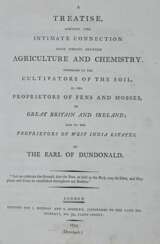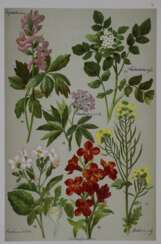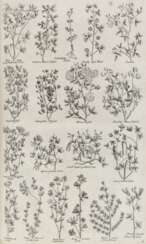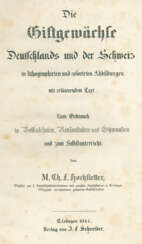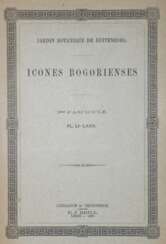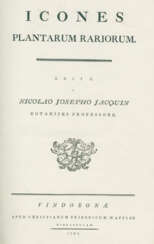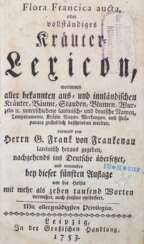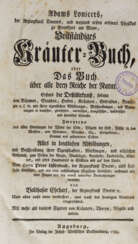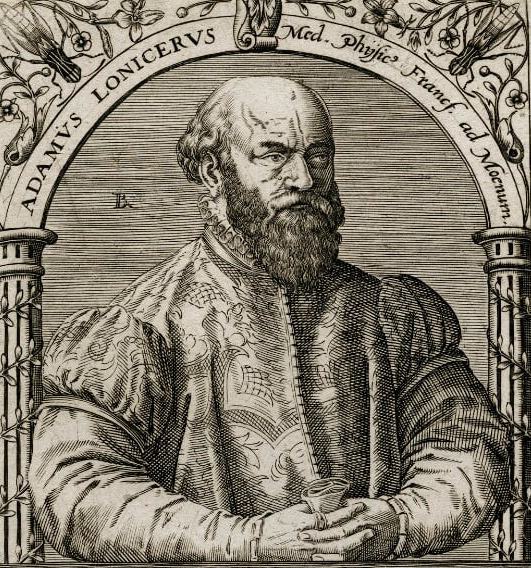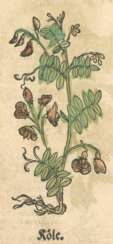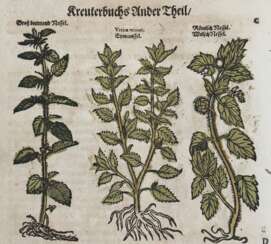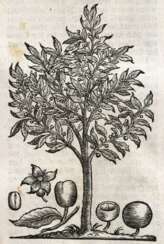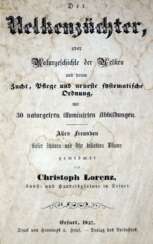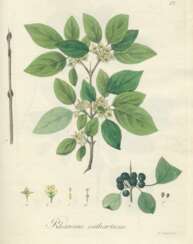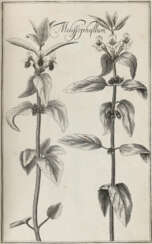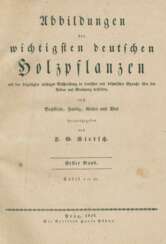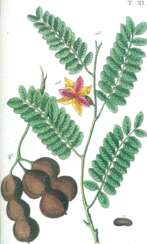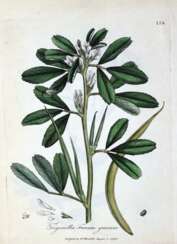
Botany — 128: Modern literature and illustrated books 20th century
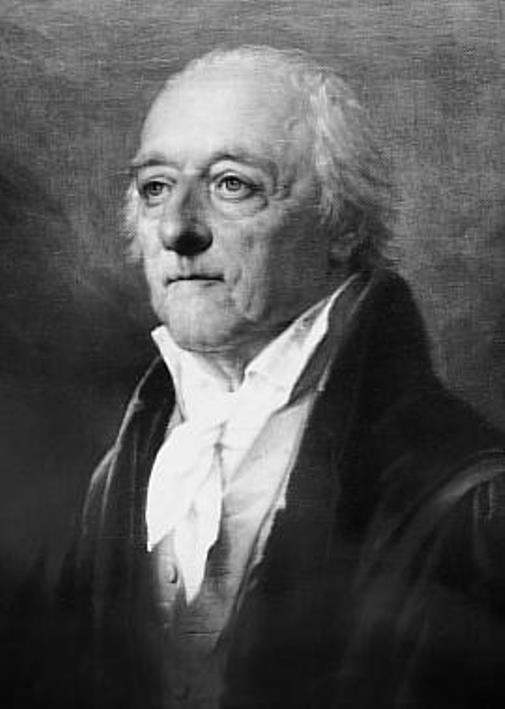
Nikolaus von Jacquin, full name Nikolaus Joseph Freiherr von Jacquin, also Baron Nikolaus von Jacquin, was an Austrian and Dutch scientist, professor of chemistry and botany, and director of the Vienna Botanical Garden.
Jacquin is considered a pioneer of scientific botany in Austria. He wrote fundamental works in botany, was the first to describe many plants, fungi, and animals, introduced experimental methods in chemistry, and successfully campaigned for the introduction of Linnaeus' system of plants in Austria. On behalf of Emperor Franz I, von Jacquin was in charge of the imperial gardens (including Schoenbrunn) and also led a scientific expedition to Central America from 1754 to 1759, from which he returned with an extensive collection of plants.
In 1768, Nikolaus von Jacquin was appointed professor of botany and chemistry at the Faculty of Medicine of the University of Vienna and director of the newly founded botanical garden, which he reorganized according to scientific principles. Nikolaus von Jacquin was a member of the Royal Society of London, a foreign honorary member of the St. Petersburg Academy of Sciences, and a correspondent of the Paris Academy of Sciences.
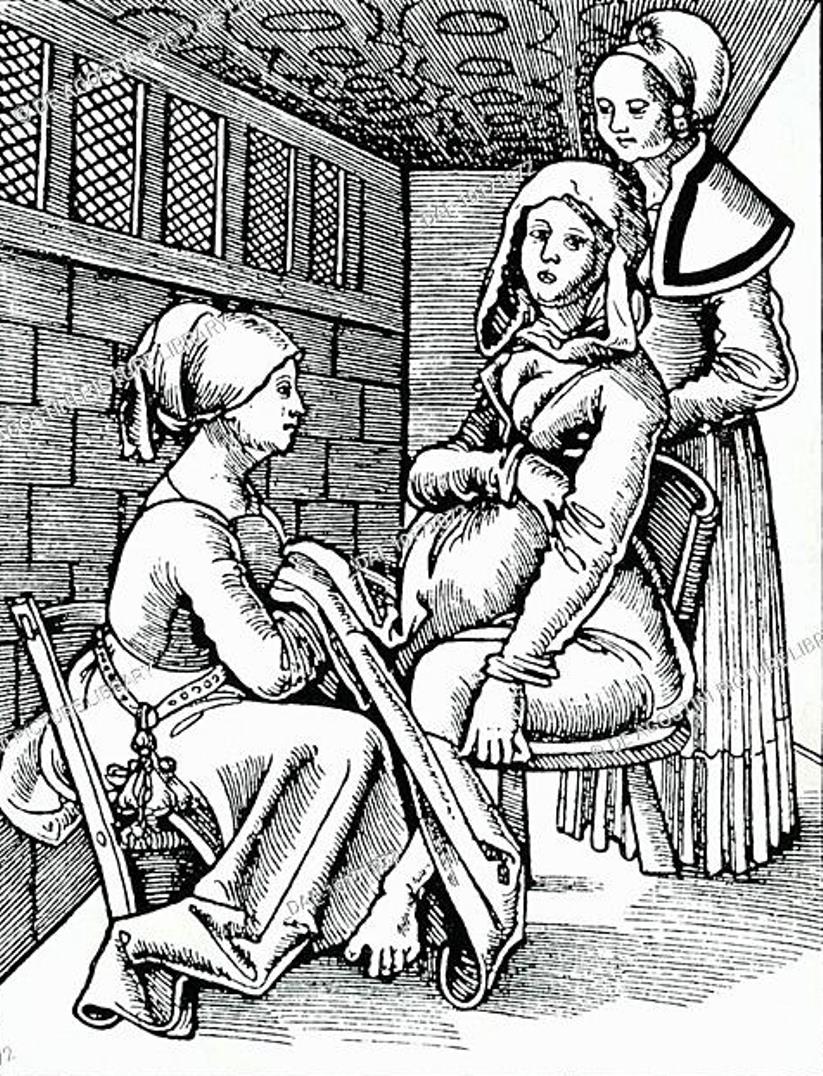
Eucharius Rösslin the Elder or Eucharius Rößlin was a German medieval scholar, physician-midwife, and pharmacist.
In 1493 Eucharius became apothecary in Freiburg, and 13 years later was elected physician of the city of Frankfurt am Main. From there he moved to Worms, in the service of Katherine, Princess of Saxony and Duchess of Brunswick and Lüneburg. One of his duties was to oversee and supervise the city's midwives, whose ignorance led to a high infant and female mortality rate.
In order to remedy this, Eucharius wrote and published a book on midwifery called Der Rosengarten ("The Rose Garden for Pregnant Women and Midwives") in Strasbourg in 1513. It was in German and contained several engravings. The book proved very popular and soon became the standard medical textbook for midwives. For nearly two centuries it was the authoritative guide to midwifery in Europe, translated into seven languages and reprinted over a hundred times.
In 1517 Rösslin returned to work in Frankfurt and remained in that position until his death in 1526. His son, also named Eucharius Rösslin, succeeded him as city physician.
